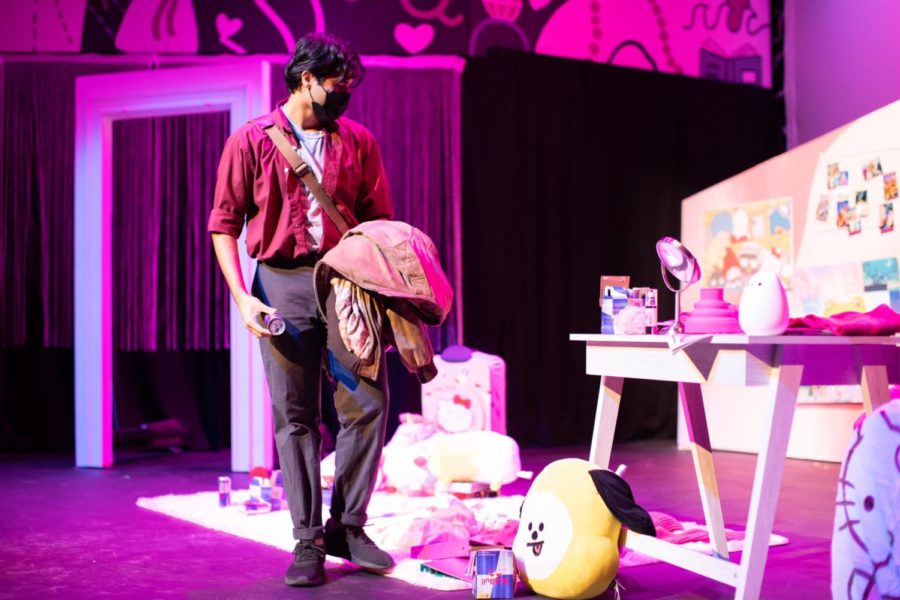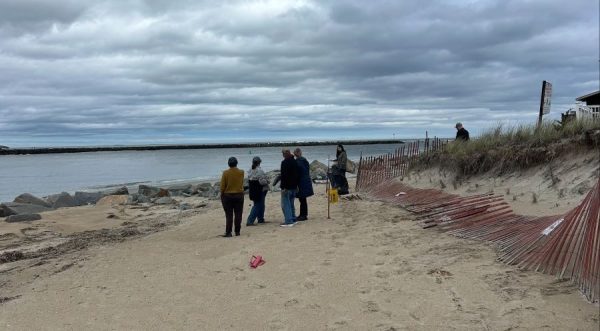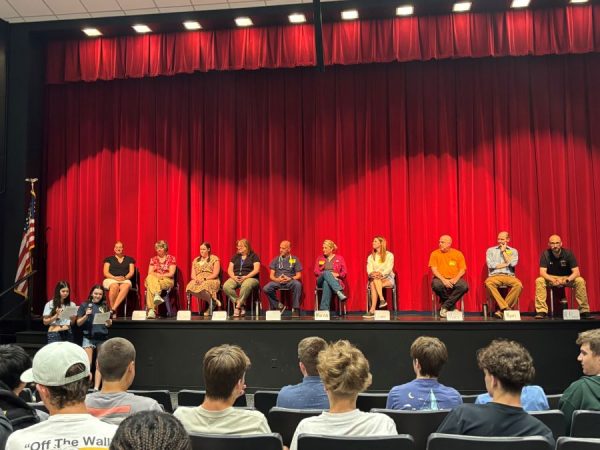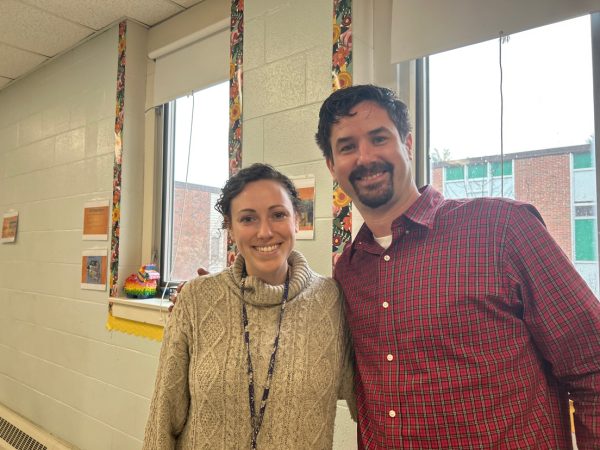GHS Alumni is “Keeping it Positive” and Changing the Narrative with Harvard’s ‘Legally Blonde’
Fahim Ahmed starring in Harvard’s “Legally Blonde”
“Bruiser loves Squid Game!” An eruption of laughter and shock moves across the theater, as anyone familiar with Legally Blonde: The Musical knows that a Squid Game reference is most certainly not in the original script. Other changes become apparent as the show progresses, with the line “See, my mom was three-quarters Korean” rather than three-quarters Italian, and with the swap of the line “Richard Simmons is our neighbor” to “Mindy Kaling is our neighbor.” These small adjustments may fly right over the heads of anyone passively observing the performance. However, for those attendees actively involving themselves with the show, and for the performers, instrumentalists, and tech crew, this retold story of Elle Woods meant so much more.
Throughout October 29th, 30th, and 31st of 2021, Harvard’s Asian Student Arts Project (ASAP) presented several performances of the 2001 production Legally Blonde: The Musical. The cast consisted entirely of Asian and Pan-Asian Harvard students, and every single show was completely sold out. Over one hundred students auditioned for the show — out of them all, it was GHS alumni Fahim Ahmed who was chosen to be the main love interest, Emmett Forrest.
Fahim has been heavily involved with the performing arts since middle school, and originally wasn’t planning on continuing acting in college. “I didn’t think I would have time to put on a whole musical in less than two months,” Fahim expressed in an interview. “I ended up auditioning super last minute, like the last hour of the last day of auditions, and somehow got lucky.”
ASAP was founded by current Harvard junior Julia Riew with the intention to encourage Asian and Pan-Asian students to perform in shows and communities where they originally felt like they didn’t fit in. Harvard junior and Legally Blonde director Karina Cowperthwaite struggled to find a show that represented Asian-American identities in a genuine and non-offensive fashion. After someone jokingly suggested High School Musical, inspiration to do Legally Blonde, a show that is traditionally thought to have an entirely white cast, struck Cowperthwaite. The decision was finalized and production was underway.
Fahim painted the process of altering the show to fit an Asian narrative as “out of necessity.” There were several changes made to the script that would be more relatable to an Asian audience and cast. Costuming was also re-imagined to be more realistic. Elle Woods originally laments at one point: “For years I denied my highlights.” However, the actress playing Elle was using a blonde wig with dark roots. The line was changed to “For years I denied my roots” because, as Fahim describes, “No one’s going to suspend their disbelief so far as to think that an East Asian girl has naturally blonde hair, so you find a way to work around it.”
The set design was converted as well to fit the Asian narrative and highlight aspects of Asian culture rather than play off of common stereotypes. Elle Woods is known for her obsession with all things pink. To combine the original character’s interests with the new Asian twist, the set designers settled on a Hello Kitty themed bedroom. Another clever change was Paulette’s hair salon being set in Chinatown.
Both the performers and attendees, like GHS senior Caleb Hagner, believe that incorporating the actor’s backgrounds rather than ignoring them was incredibly special. “[I was] expecting the show to be about a basic white girl and whatever accompanying drama ensued,” Caleb admitted. After attending the 2:00pm show on Halloween, his perceptions of the show were entirely shattered. “Legally Blonde is now one of my favorite shows and I will never be able to see original versions without wondering why the cast is so not diverse.”
An actor’s most important requirement is to connect with the character they portray, whether they are the hopeless romantic, the heroic protagonist, or the devious villain. Truly talented performers can interpret a character’s story and personalize it to make it more relatable.
Fahim, like many involved actors, deeply analyzed Emmett as a character and came to a very open understanding of his purpose. “Emmett’s story doesn’t really depend on his race. It’s the same no matter who you are.” This experience is enough to inspire any actor or actress to take a step back and evaluate who their character really is.
The importance of ASAP’s production of Legally Blonde was so impactful that it received widespread media coverage. From TikTok videos with thousands of views discussing the production’s deeper meaning to a published article by NBC News, Harvard’s ASAP has made it known that the performing arts do not have to, and should not be, a white tale. This message is hoped by the cast to be received by directors and casting companies who still discriminate, whether intentionally or unknowingly.
Fahim discussed with me the bias that may unknowingly exist among directors regarding casting. He used a person’s ‘body type’ as an example of why someone may or may not earn a certain role. This bias can be carried over into a plethora of criteria, specifically including race. “I do think it relates to implicit biases that we don’t realize we have. No one is at fault for biases like that, but it’s important to first notice that they’re definitely there.”
After exiting a year filled with race-related hate crimes, plenty of which unfortunately targeted Asian Americans, Harvard’s Legally Blonde is just what the world needed to have hope for a better future.
Many students, like Caleb Hagner, are proud of not only Fahim’s performance, but the efforts of ASAP as a whole to change the perception of representation in theater. Caleb hopes that “this show changed the way we think about casting in the future, not just with race, but also with gender and other potential distinctions of minority in order to empower those communities.”
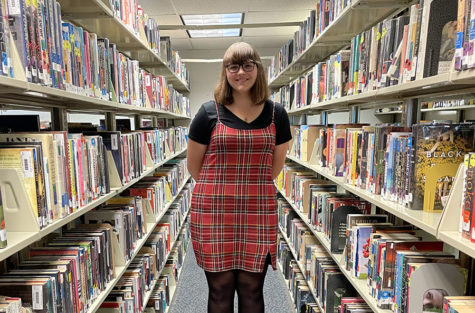
Emily Hughes is a senior this year at GHS. This is her third year being part of the GHS Paw Print. Along with writing for the school newspaper, Emily is...



